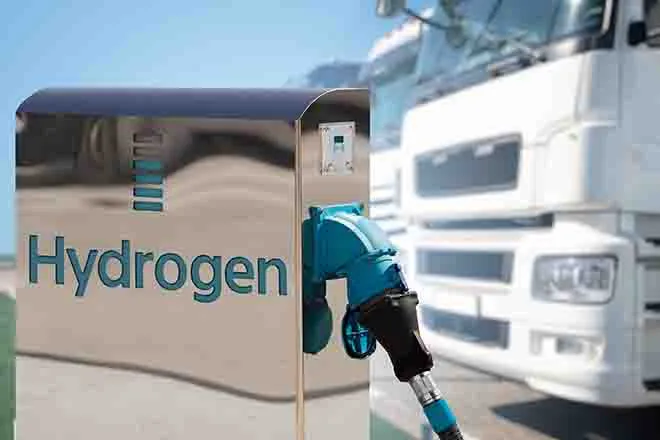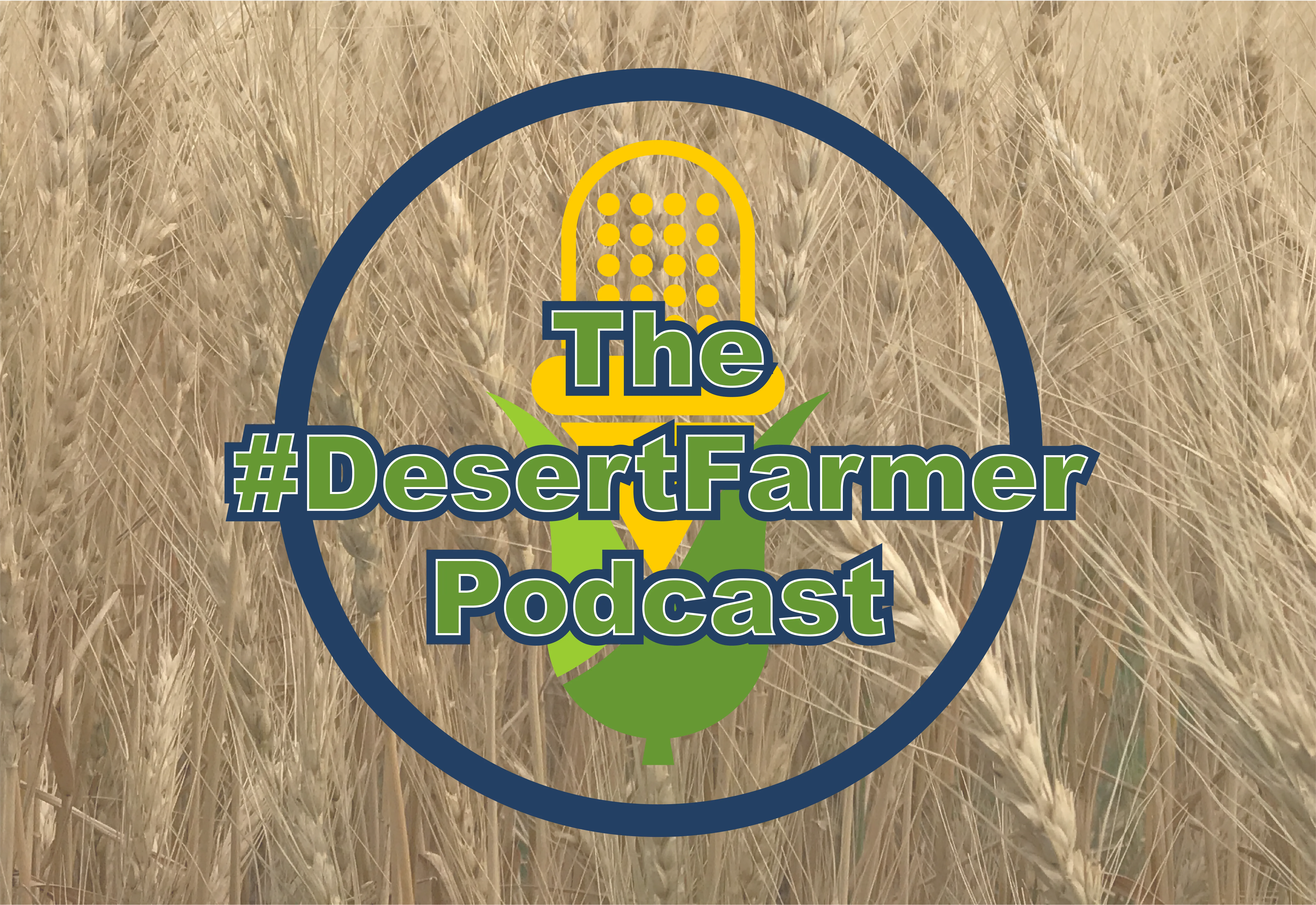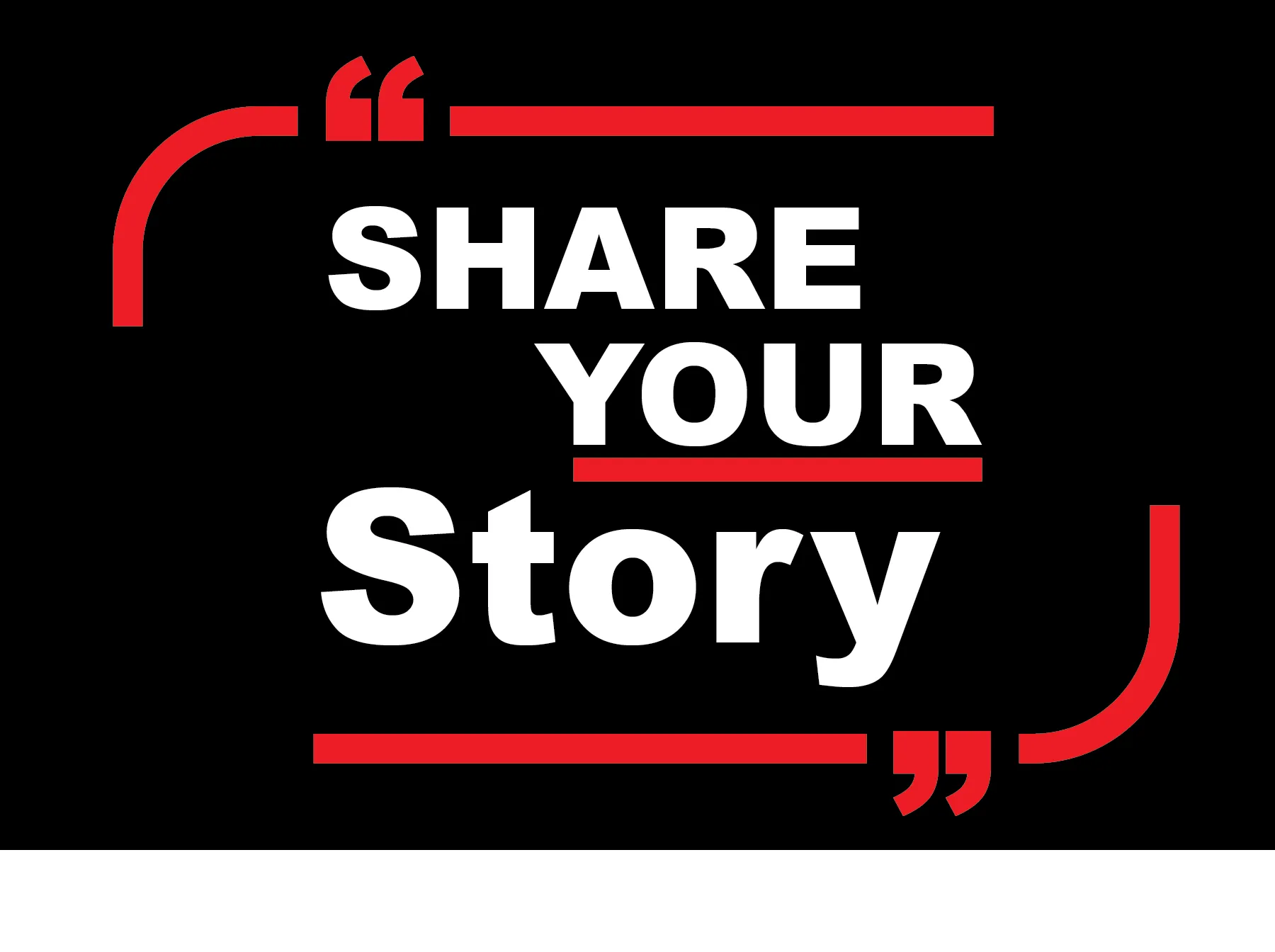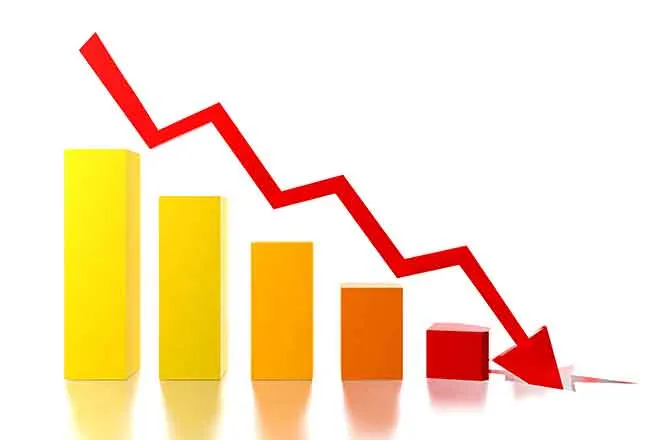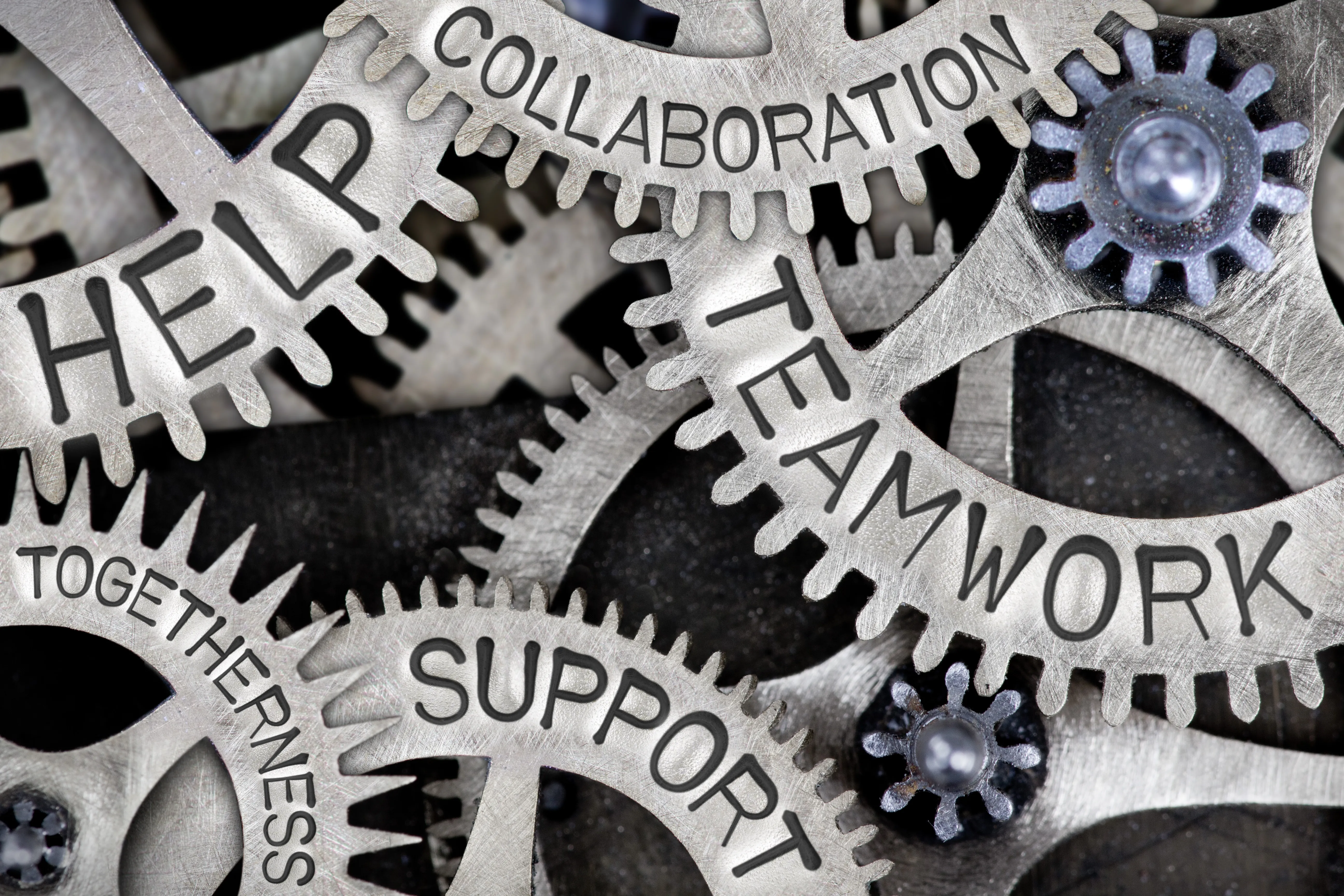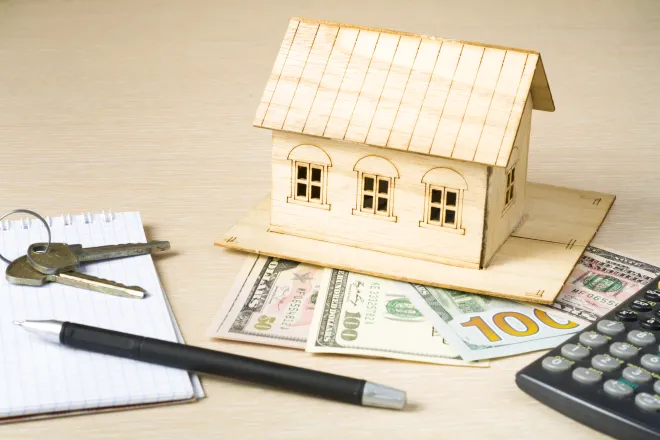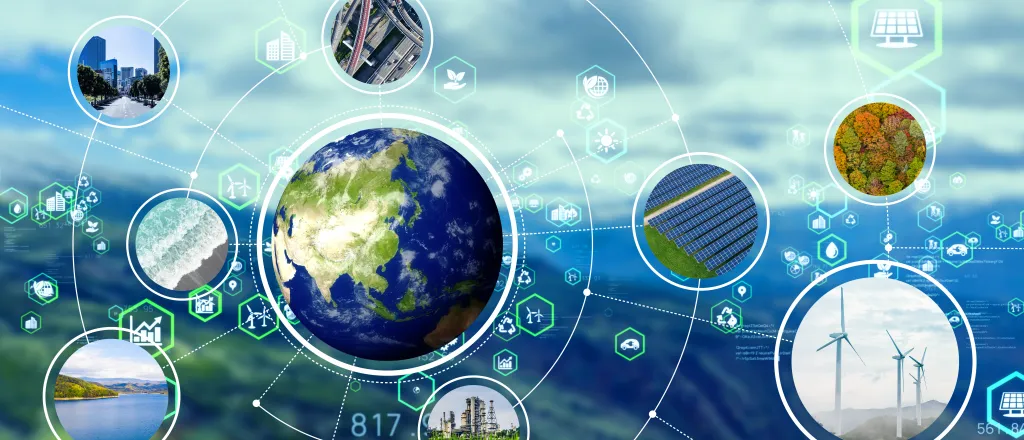
Colorado website spotlights neighborhood-level risks of climate change
(Colorado News Connection) Coloradans already are seeing the impacts of climate change - rising temperatures, more frequent and severe wildfires, flooding, and prolonged drought - and economists are stepping into the fray to help communities identify and mitigate the risks.
Pegah Jalali, environmental policy analyst with the Colorado Fiscal Institute, said their new website allows Coloradans to see, for example, how air pollution - from highways, power plants and refineries, and wildfires - is impacting their neighborhoods.
"These are all impacting the health of our communities, and also they are impacting our economy," said Jalali. "Because our economy in Colorado is heavily dependent on our environment, because of our outdoor recreation industry and our agriculture."
Jalali said "Coloradoclimatechange.com" was created in part to help Colorado residents see how climate change is projected to play out by 2050, and what can be done to avoid the most catastrophic scenarios.
An interactive map shows a range of hazards projected by scientists if steps are taken quickly to stop burning fossil fuels, or if business continues as usual.
Climate change is expected to exacerbate existing barriers and inequalities, and Jalali said some Coloradans are more vulnerable than others. She pointed to the recent Marshall Fire that destroyed more than a thousand Front Range homes and businesses.
"If you don't have a car, you are less likely to be able to get out of the area," said Jalali. "If you don't speak English, you might not be able to get the same information to prepare yourself to evacuate."
The site also offers a road map for avoiding worst-case scenarios. Jalali said investments are needed in neighborhoods that will be disproportionately affected by a warming planet, and fossil-fuel dependent communities need help finding jobs that pay a living wage.
"We need to transition to clean energy as quickly as possible, and stop burning fossil fuels," said Jalali. "We need to hold polluters accountable. We need to tax pollution. We need to prepare our communities to build resiliency."

